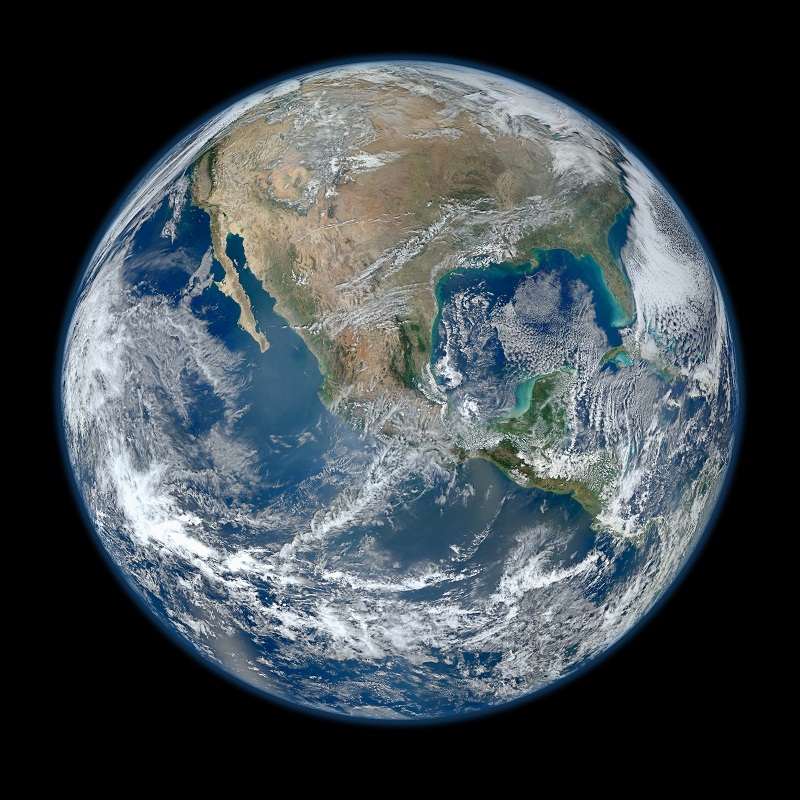NASA offers 6-figure salary for someone to defend Earth from alien microbes

Photo provided by NASA shows the Earth taken from the The Visible/Infrared Imager Radiometer Suite instrument aboard NASA’s Suomi NPP satellite. AP
Countless Hollywood movies have depicted apocalyptic scenarios where Earth is saved by a lone individual.
The National Aeronautics and Space Administration (NASA) is seeking someone who may one day fulfill such task, as the space agency’s new Planetary Protection Officer (PPO).
According to the Business Insider, the gig, which is to be vacated by its incumbent, Catharine A. Conley, will pay up to $187,000 (over P9 million) plus benefits.
As seen in NASA’s full job description ad, the PPO’s primary task is to make sure humans do not contaminate planets, moons and other objects during explorations. The selected individual will also help prevent possible alien microbes from spreading in our world.
Having held the position since 2014, Conley confirmed that NASA is indeed looking for her replacement.
“This new job ad is a result of relocating the position I currently hold to the Office of Safety and Mission Assurance, which is an independent technical authority within NASA,” she told the news outlet.
Although most space missions only have less than one-in-10,000 chance of contaminating an alien world, Conley said the job still demands a keen eye for detail.
“It’s a moderate level,” Conley described the difficulty of the job. “It’s not extremely careful, but it’s not extremely lax.”
Considering NASA is one of the most prestigious organizations in the world, applicants must possess a prerequisite background in physical science, engineering or mathematics.
They must also have a deep understanding of the planetary protection responsibilities, a bullet-proof record in “space programs of national significance” and a degree of diplomatic savvy “that resulted in win-win solutions during extremely difficult and complex multilateral discussions.” Khristian Ibarrola/JB
RELATED STORIES:
NASA to launch mission to save Earth from solar flares
LOOK: NASA reimagines planet hopping with ‘space tourism posters’